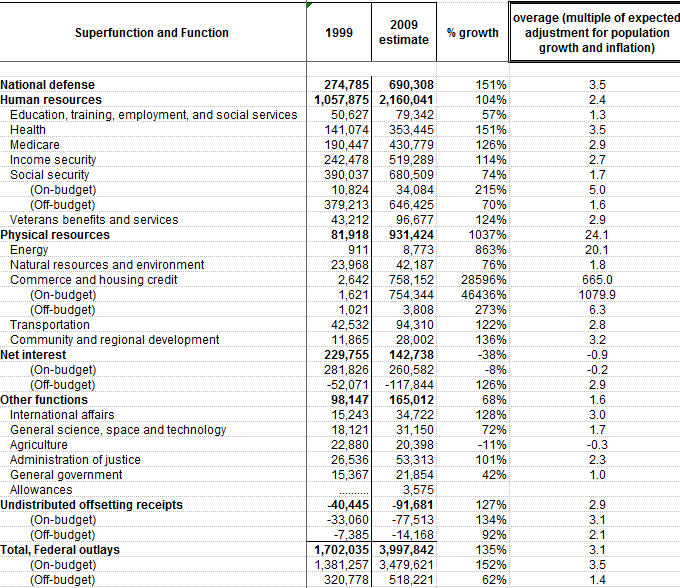Michael Lewis tries to provide some idea of the scale of the problem to American readers:
It had been two years since a handful of Irish politicians and bankers decided to guarantee all the debts of the country’s biggest banks, but the people were only now getting their minds around what that meant for them. The numbers were breathtaking. A single bank, Anglo Irish, which, two years before, the Irish government had claimed was merely suffering from a “liquidity problem,” faced losses of up to 34 billion euros. To get some sense of how “34 billion euros” sounds to Irish ears, an American thinking in dollars needs to multiply it by roughly one hundred: $3.4 trillion. And that was for a single bank. As the sum total of loans made by Anglo Irish, most of it to Irish property developers, was only 72 billion euros, the bank had lost nearly half of every dollar it invested.
That’s one of the three big banks the Irish government had to help. The other two may be in worse shape. You could say Ireland’s banks are awful:
Even in an era when capitalists went out of their way to destroy capitalism, the Irish bankers set some kind of record for destruction. Theo Phanos, a London hedge-fund manager with interests in Ireland, says that “Anglo Irish was probably the world’s worst bank. Even worse than the Icelandic banks.”
Ireland’s financial disaster shared some things with Iceland’s. It was created by the sort of men who ignore their wives’ suggestions that maybe they should stop and ask for directions, for instance. But while Icelandic males used foreign money to conquer foreign places — trophy companies in Britain, chunks of Scandinavia — the Irish male used foreign money to conquer Ireland. Left alone in a dark room with a pile of money, the Irish decided what they really wanted to do with it was to buy Ireland. From one another. An Irish economist named Morgan Kelly, whose estimates of Irish bank losses have been the most prescient, made a back-of-the-envelope calculation that puts the losses of all Irish banks at roughly 106 billion euros. (Think $10 trillion.) At the rate money currently flows into the Irish treasury, Irish bank losses alone would absorb every penny of Irish taxes for at least the next three years.
As mentioned in this post yesterday, the Irish who can do so are starting to head to greener pastures. A thousand a week in net emigration over the last year and a half.
H/T to Tyler Cowen for the link.




